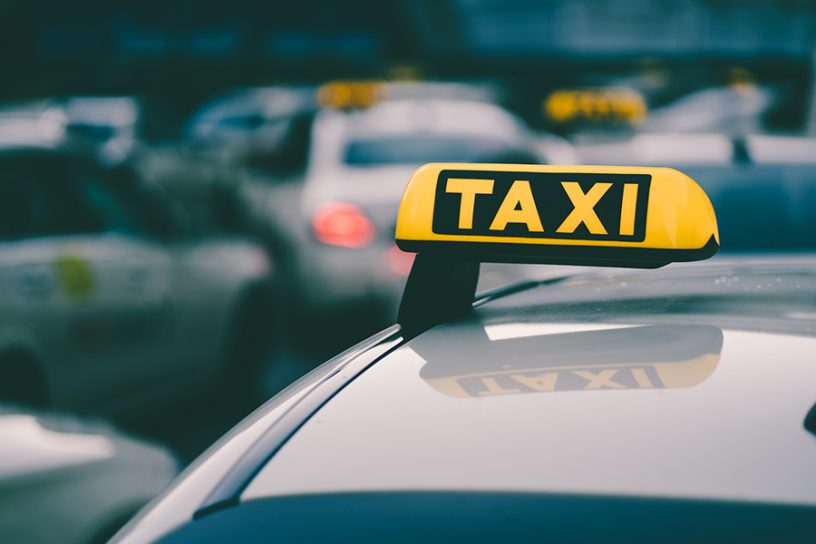
‘Safety from contagion’ and desire for personal space and personal security were found to be the most important inhibitors for not choosing ridesharing services during Covid-19.
Authors
Vibha Trivedi, Academic Tutor & TRIP Fellow, O.P. Jindal Global University, Sonipat, Haryana, India.
Krishan Kumar Pandey, Professor, Jindal Global Business School, O.P. Jindal Global University, Sonipat, Haryana, India.
Ashish Trivedi, Associate Professor, Jindal Global Business School, O.P. Jindal Global University, Sonipat, Haryana, India.
Summary
The outbreak of the novel Coronavirus pandemic has brought the world to a standstill. The constant increase in the rise of cases and deaths has compelled nearly all countries to impose lockdowns and other restrictive measures. The restrictions on travel and other non-essential activities have raised some serious business concerns for ridesharing, carpooling, and cab rental services.
This study aims to identify, analyze, and prioritize the commuters’ barriers to App-based Ridesharing Services during COVID-19’s first and second waves, and potential ways of adaptation for an anticipated third wave in Indian contexts.
The hierarchy of barriers is established using the responses from sixty respondents and their analysis using the multi-criteria decision-making (MCDM) technique, the Analytic Hierarchy Process (AHP).
‘Safety from contagion’ was found to be the most significant and strong factor followed by the desire for personal space and personal security as the most important inhibitors for not choosing ridesharing services during COVID-19. Socio-economic status and the lack of reliability of service were not given much importance by the respondents.
The current and potential implications for sustainable business and the environment are also discussed.
Published in: International Journal of Mathematical, Engineering and Management Sciences
To reads the full article, please click here.


